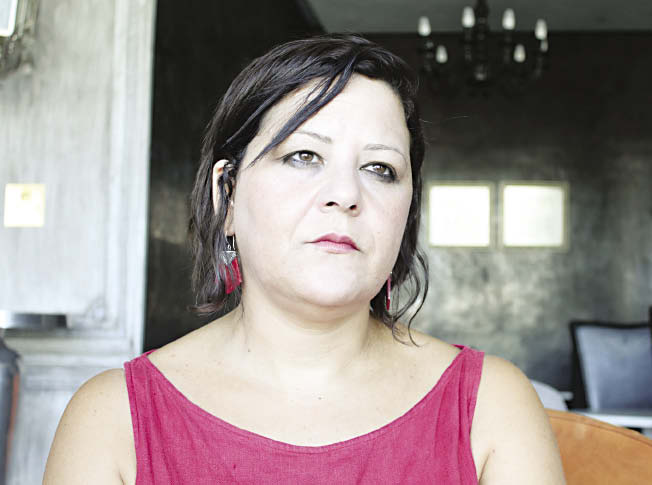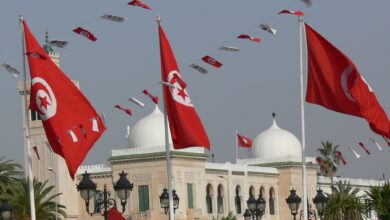
Raja Ben Slama, a professor of Arab civilization at Manouba University in Tunis, founder of The Tunisian Cultural Association to Defend Laicism, and an outspoken critic of political Islam, spoke to Egypt Independent on Tunisia's fierce Islamist-secular battle.
Egypt Independent: What are the similarities and differences between Egypt and Tunisia in terms of the secular-Islamist divide?
Raja Ben Slama: The Ennahda Party has gone a long way ahead from the Muslim Brotherhood. The Ennahda has given up, at least tactically, on the question of implementing hudud and the Islamic Sharia in general. Since 2004, Ennahda has announced its recognition of the personal status majala, which ensures a lot of privileges for women. Has the same thing happened with the Muslim Brotherhood? I do not think so.
EI: Can you dwell on the differences between the Tunisian and Egyptian Salafi movement?
Ben Slama: The Salafi movement in Egypt is more important in terms of its visibility and effectiveness and the number of followers [while] the Salafi trend is a social reality in Egypt. I believe the reason behind that is the immigration of many Egyptian families to the Gulf, and the alliance that was formed between the Muslim Brotherhood and the Wahhabi movement after the 1952 revolution. The Salafi trend exists in Tunisia, but we cannot say it is a social movement. Salafism emerged in Tunisia through two symptoms: the niqab and violent jihadism. These two practices are rejected by the majority of the society; we cannot speak of a social change in Tunisia towards a Salafi lifestyle.
EI: But why are Salafis taking up that much space?
Ben Slama: Because they rely on violence, they tend to show off and also because of their alliance with Ennahda. [Salafis] have been evading punishment and the Ennahda government is responsible for that. … Salafis pose a threat as much as they can spread terror and fear. They threaten other political activists, they exercise violence and curb the activities of other parties, and terrify Tunisians. However, they could not halt artistic festivals or prevent Tunisians from going to the beach or bar women from wearing different kinds of swimming suits. They have not succeeded in forcing women to wear the headscarf.
EI: In your opinion, why did Egyptian secularists end up approving the inclusion of Islamic Sharia in the constitution, while their Tunisian counterparts refuse to make such an ideological concession?
Ben Slama: The presence of Al-Azhar in Egypt played a role. Al-Azhar, despite all my respect to some of its scholars, always exercised pressure on the secular and modern thought. Plus, the Egyptian Islamist movement is more deeply rooted in Egypt than Tunisia. In Tunisia, the Islamist movement is nearly 30 years old but in Egypt it is [more than] 80 years old. The Egyptian [secular] elite had made concessions in the past and kept making concessions.
This piece was originally published in Egypt Independent's weeklyprint edition.




